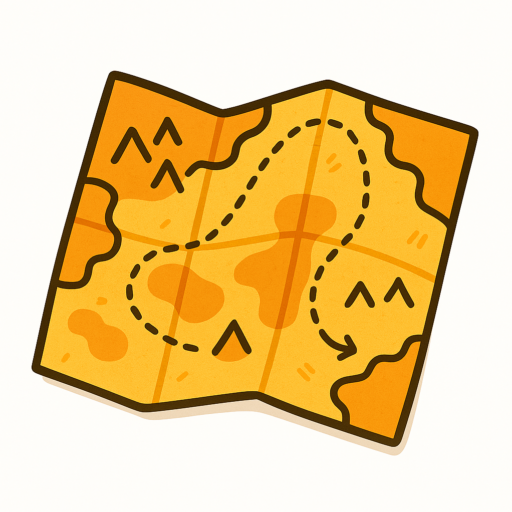*This article is part of the TOK Roadmap — a visual, all-in-one guide I created to help you ace Theory of Knowledge. [View the full roadmap here.]
In this post, I give you
- Tips when exploring and choosing a essay title
Each session, IB releases 6 TOK essay titles to choose from. It’s easy to feel overwhelmed trying to pick the right one. I’ll give you some tips.
Below are the November 2025 TOK essay titles:
1. For historians and artists, do conventions limit or expand their ability to produce knowledge? Discuss with reference to history and the arts.
2. What is the relationship between knowing and understanding? Discuss with reference to two areas of knowledge.
3. Should knowledge in an area of knowledge be pursued for its own sake rather than for its potential application? Discuss with reference to mathematics and one other area of knowledge.
4. To what extent do you agree that however the methods of an area of knowledge change, the scope remains the same. Answer with reference to two areas of knowledge.
5. In the pursuit of knowledge, is it possible or even desirable to set aside temporarily what we already know? Discuss with reference to the natural sciences and one other area of knowledge.
6. Is empathy an attribute that is equally important for a historian and a human scientist? Discuss with reference to history and the human sciences.
Source: IBO
*This roadmap is a how-to guide. If you’re looking for breakdowns of specific essay titles, check if they’re already published on my website — or stay tuned for updates.

Below is how I would go about choosing a good title.
Step 1: Extract ALL keywords from the title and explore what they are and what they aren’t
NOTE: I’ll use May 2023 title #1 “Is replicability necessary in the production of knowledge? Discuss with reference to two areas of knowledge” as an example.
Okay this part is a bit long, but stick with me—I think it’s worth showing you my full thought process when I look at a title.
How many keywords or key phrases are in this title?
Some may say 2: “replicability” and “production of knowledge”. This is wrong!
There are actually 3: “necessary” is also a keyword. Without it, we only know what to discuss. “Necessary” gives us the How.
“Necessary“
Is replicability necessary? Or is it important? “Necessary” means it’s a prerequisite—a must-have. “Important” falls short of that—it’s valuable, but not essential.
In TOK, Slight changes in wording matter. Swapping a “must-have” with a “good-to-have” can lead to completely different arguments and conclusions.
“Production of knowledge”
This is different from learning or evaluating knowledge. Production implies something new is formed by somebody. This doesn’t mean knowledge has to be brand new, like writing a novel. Discovering or analyzing something old, like ancient relics, can also count as production (because a new understanding is formed).
“Replicability”
Replicability is the ability to get the same results after something is done again. Importantly, “replicability” is not the same as “replication.” Replication is the act of reproducing something, or it could also be a noun—something that was replicated. Replicability focuses on the ability to do so, and whether achieving the same outcome is possible.
Like this, try to understand what each keyword or key phrase is and maybe even more importantly, what it isn’t.
Step 2 & 3: Think about the AoKs and choose a title that is interesting
I’ll leave this up to you. This particular prompt asks me to choose AoKs. Read about AoKs here. After some exploration, choose a title that you find most interesting, preferably one that you also fully understand.
Leave a Reply